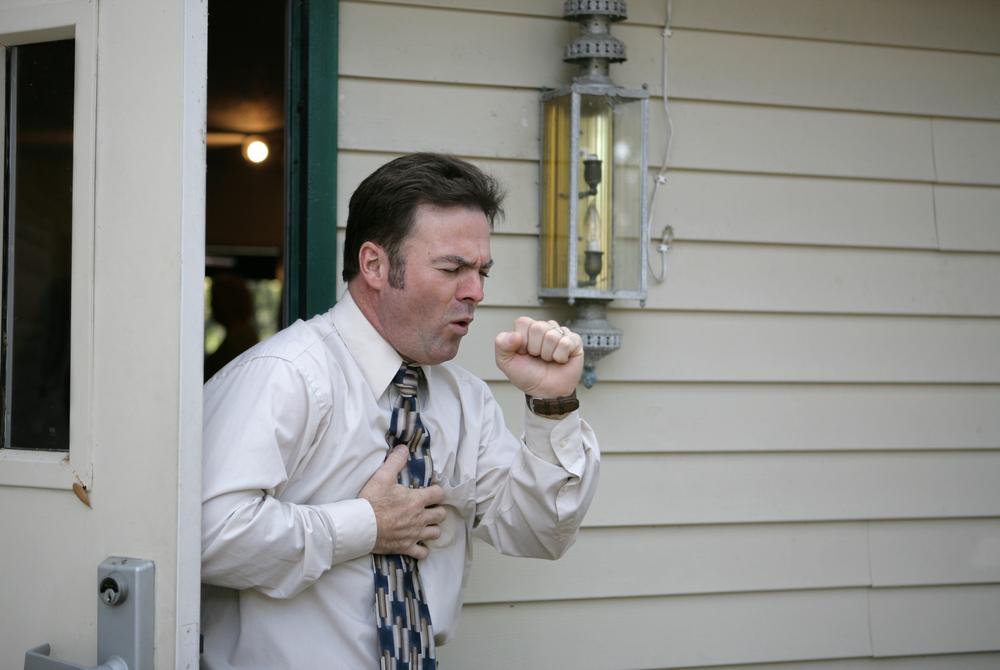
Foods that Trigger COPD Symptoms
Chronic obstructive pulmonary disease (COPD) is a lung condition that causes a narrowing of the airways in the lungs and causes difficulties to regular breathing which in turn lowers oxygen levels to all parts of the body that need oxygen. Symptoms include chronic fatigue, shortness of breath, persistent cough, excess phlegm, wheezing, cyanotic skin, frequent chest infections, and colds. This lung condition usually causes lung damage that is irreversible and progressive in nature.
Managing the symptoms of COPD to make the patient breathe easier is largely driven by lifestyle changes to dietary consumption. While certain foods tend to be problematic for some people, others are able to eat them without any problems at all. Special attention should be paid to certain foods to see how the individual patient COPD condition responds. There is usually no need to cut these foods out of the COPD sufferer’s diet unless it is causing the COPD to flare up. The following list of foods is known to exacerbate and trigger the symptoms of COPD:
1. Fried foods
Fried foods may cause bloating and excess gas making it difficult to breathe. High consumption of these foods can also cause weight gain, thus putting more pressure on the diaphragm. Fried foods to avoid include:
- French fries
- Onion rings
- Jalapeño poppers
- Fried chicken
- Fried fish
2. Carbonated beverages
Carbonated beverages contribute to gas and bloating; they also normally contain a lot of sugar and contribute to dehydration. Carbonated soft drinks as well as these should be avoided:
- Sparkling waters
- Beer
- Sparkling wines
- Sparkling cider
3. Processed meats
Processed meats usually contain additives, called nitrates, which help to maintain the color of cold cuts or prolong their shelf life. When eaten in large amounts, the lung condition is said to worsen. Deli and processed meats to avoid are:
- Bacon
- Cold Cuts
- Ham
- Hot Dogs
4. Cruciferous vegetables
Cruciferous vegetables can also cause excess gas and bloating. For someone with COPD, bloating and excess gas can cause pressure and make it more difficult to breathe. Avoid the following:
- Broccoli
- Cauliflower
- Brussels sprouts
- Radishes
- Bok choy
5. Dairy products
Dairy is known to increase mucus and phlegm production. During flare-ups, people with COPD often experience an increase in mucus which makes symptoms worsen. Dairy to avoid includes:
- Yogurt
- Ice cream
- Cheese
- Butter
- Buttermilk
6. Salty foods
Heavy salt consumption can be a problem for someone with COPD. Salt can cause people to retain water, which can make breathing more difficult. Avoid or moderate the following as much as possible:
- Canned foods (including canned beans, vegetables, pastas, and soups)
- Frozen foods (including frozen TV dinners, frozen burritos, and frozen pizzas)
- Salted nuts
- Crackers and potato chips
- Many broths and soups
- Soy sauce and pre packaged marinades
- Instant puddings and baking mixes
- Condiments like mustard and ketchup (in large quantities)
- Pickled vegetables (like olives and pickles)
- Processed cheeses, cheese sauces, and spreads
- Many breads, biscuits, and bread mixes (like pancake mixes, waffle mixes, and Bisquick)
- Canned tomato sauces, salsas, and pasta sauces
All of the foods on this list are known to trigger COPD symptoms and avoiding them is a great way to alleviate the ills effects of COPD. Certainly avoiding these foods will help improve digestive issues, and that will reduce COPD symptoms in both the short and long term.
Meanwhile, it is highly recommended that healthful substitutions be made in regards to these foods that trigger COPD issues. There are many alternatives to the foods mentioned above that will benefit and help those with this tasking lung condition.



